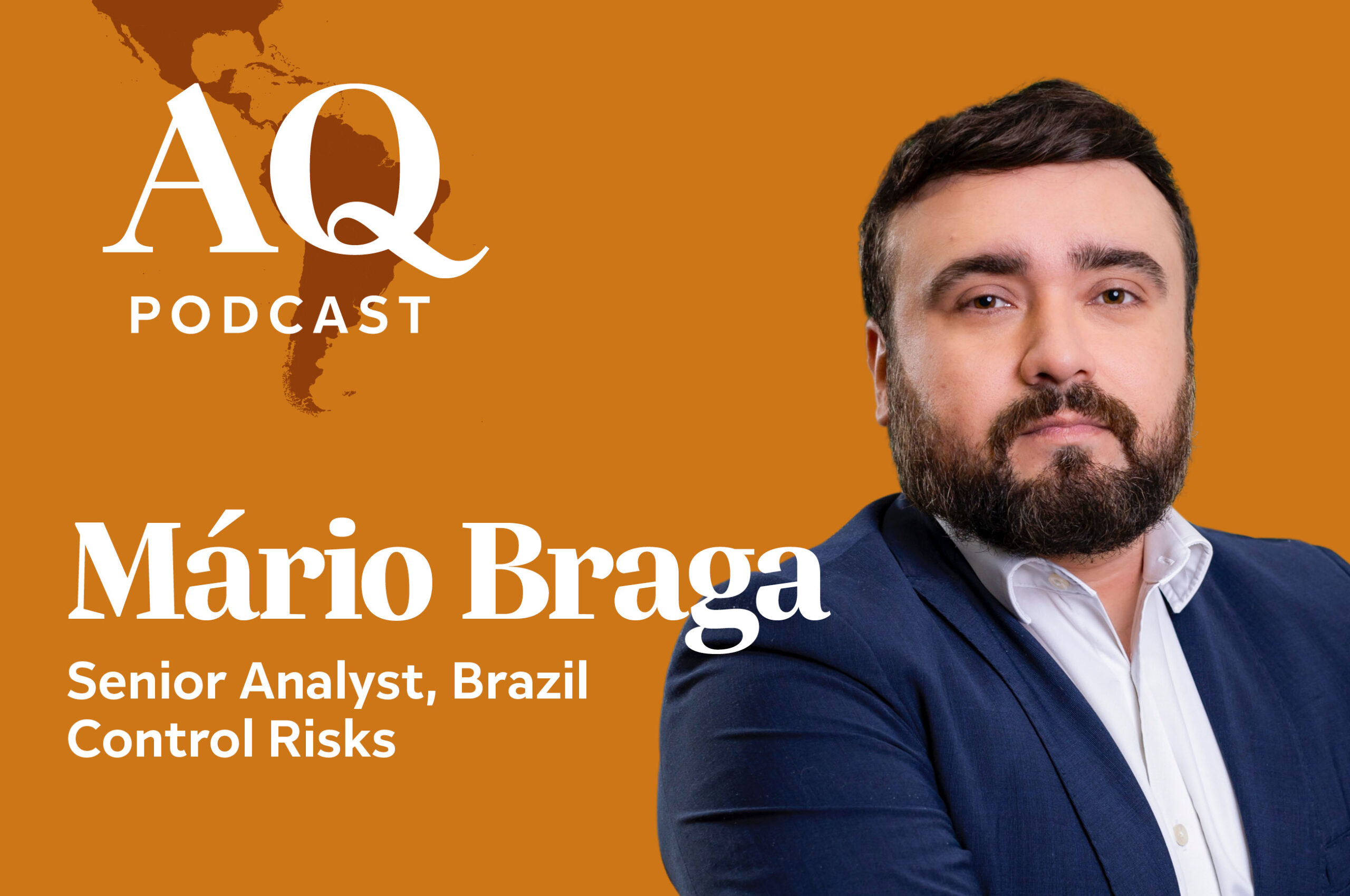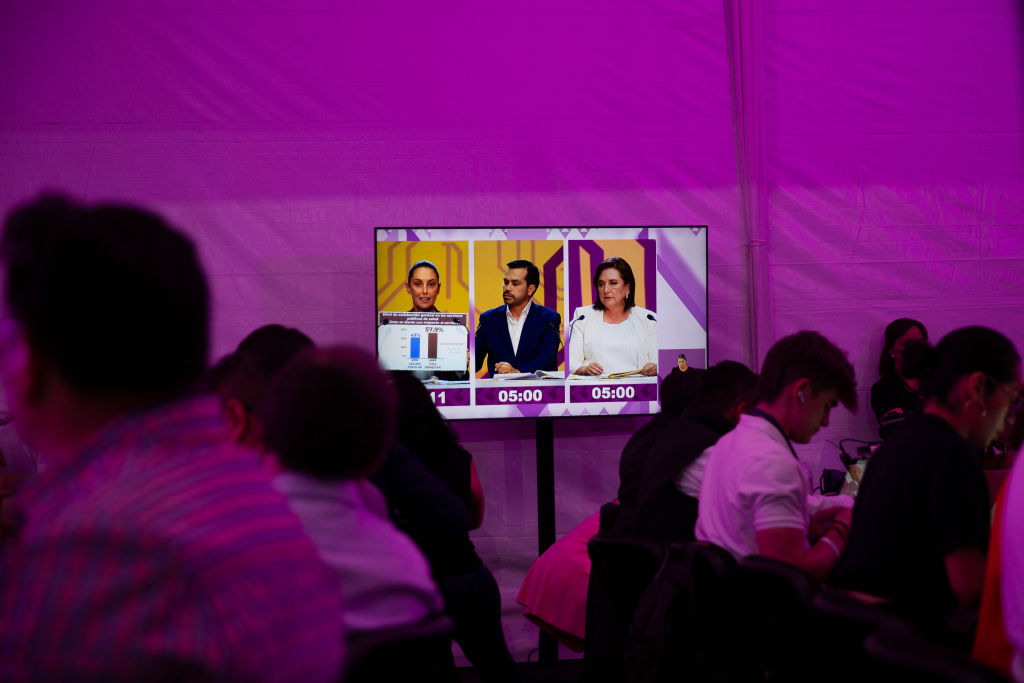Lobo Reverses Stance on Honduran Coup
Lobo Reverses Stance on Honduran Coup
In publicly recognizing that the events of June 2009 were a coup, the Honduran president may be seeking more normalized international relations at the risk of domestic alienation.
Last week, Honduran President Porfirio Lobo Sosa publicly acknowledged that the expulsion of President Manuel Zelaya from the country on June 28, 2009, constituted a coup. This was a startling admission from a man who won last year’s presidential election in a climate rife with fear, repression and censorship. Lobo’s belated recognition of the coup suggests that the pressure to normalize relations with the international community may be getting to him. He has now reversed his earlier position, and in doing so, risked putting himself at odds with allies throughout the Honduran political establishment.
Porfirio Lobo had walked a veritable tightrope on his way to assuming the presidency in January. He was the front-runner well before the June 2009 coup, and the fissure within the Partido Liberal that culminated in the coup all but assured him and his Partido Nacional an electoral victory. There was never any question that Lobo would participate in the elections. But Lobo did not want to appear too close to Roberto Micheletti, the de facto president at the time, for fear of alienating the many Hondurans opposed to Micheletti or the international community that he would have to engage as president.
Days after Zelaya’s expulsion, Lobo explicitly denied that a coup had taken place. Lobo then resorted to dodging the question, blaming Zelaya for provoking the crisis while offering few critiques of the Micheletti government. By never taking a position against Zelaya’s illegal ouster and Micheletti’s installation as president, Lobo continued to effectively condone the coup. Once in power, Lobo declared amnesty for those involved and rewarded coup supporters. Most notably, General Romeo Vásquez, head of the armed forces that expelled Zelaya, became the head of Hondutel, the national phone company.
Read the full text of this web exclusive at www.AmericasQuarterly.org.
Daniel Altschuler is a Rhodes Scholar and doctoral candidate in politics at the University of Oxford. His research focuses on civic and political participation in Honduras and Guatemala.







